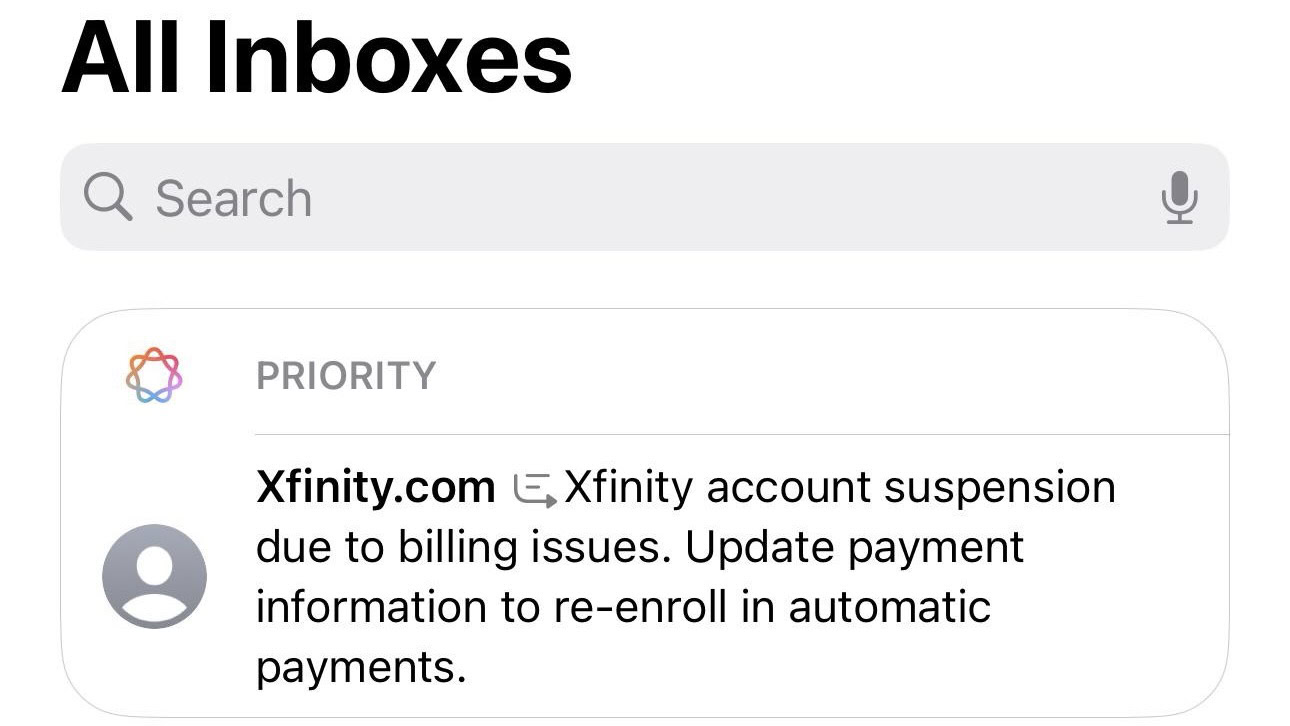
Mahmoud Itani / Android Authority
TL;DR
- Apple Intelligence is marking phishing emails as a priority in the Mail app on iOS 18.1 developer beta 1.
- The AI-powered filter seemingly disregards the sender’s address and only determines an email’s importance by scanning its text.
- Apple must address this severe flaw before iOS 18.1’s public release, as it could make average users fall for more scams.
Apple Intelligence is arguably iOS 18’s most significant highlight, baking native AI features into the OS. While the technology likely won’t debut publicly until October, the company has already given iOS 18.1 beta testers an early look. One of its perks is AI summaries in the Mail app. Through this handy Apple Intelligence feature, users can save time, determine emails’ importance at a glance, get locked out of their accounts, and possibly lose considerable sums of money.
Yes, you’ve read that right. Apple Intelligence, indeed, can’t differentiate between phishing and legitimate emails. According to multiple Reddit users, the AI-powered filter in the Mail app is marking scam emails as a priority. This suggests that the technology categorizes emails based only on their texts, disregarding the senders’ addresses and other relevant signals.

The phishing problem has always existed on Apple Mail, as its automatic junk email detection doesn’t always work effectively. However, Apple Intelligence significantly worsens the issue by not only leaving phishing emails in the inbox but also highlighting them as a priority. Consequently, average, unsuspecting users could rush to take action and fall victim to these scams.
We understand that Apple Intelligence will launch to the public as a beta product and that this behavior occurs on the OS’ first developer beta. So, while bugs are certainly expected, it’s important to shed light on flaws of this caliber. If left unaddressed by the time iOS 18.1 launches to all users, the consequences could be catastrophic.
Apple Mail can already identify verified email addresses of certain corporations. Perhaps the tech overlord could incorporate this factor into its AI filters to determine whether users’ accounts truly need urgent attention or if someone is trying to scam them.
Got a tip? Talk to us! Email our staff at [email protected]. You can stay anonymous or get credit for the info, it's your choice.








 English (US) ·
English (US) ·